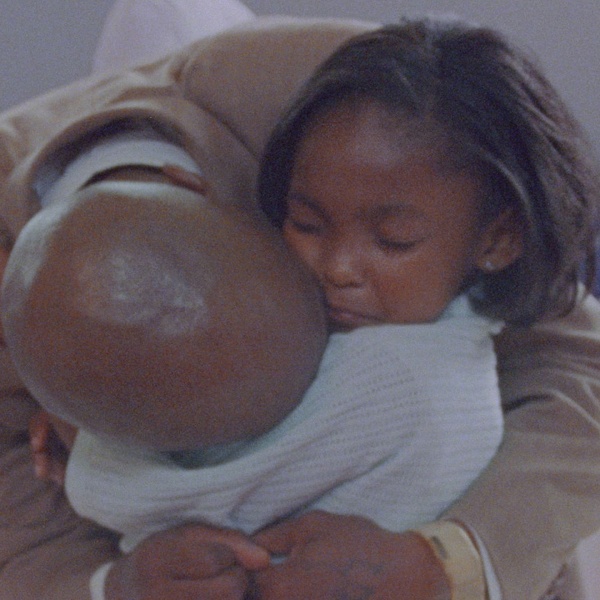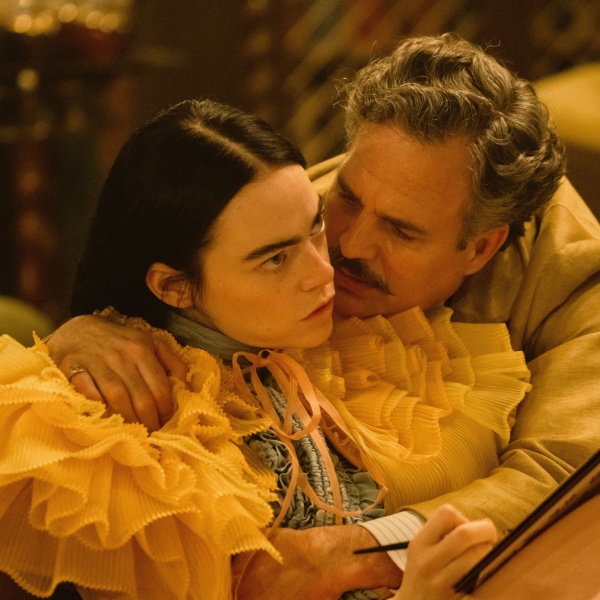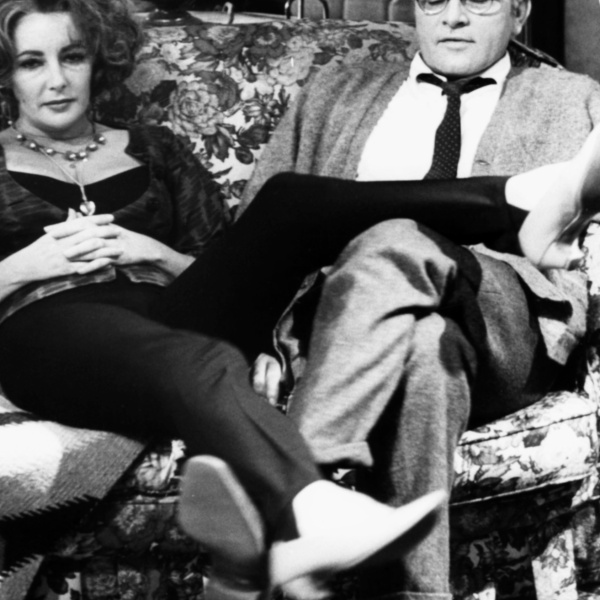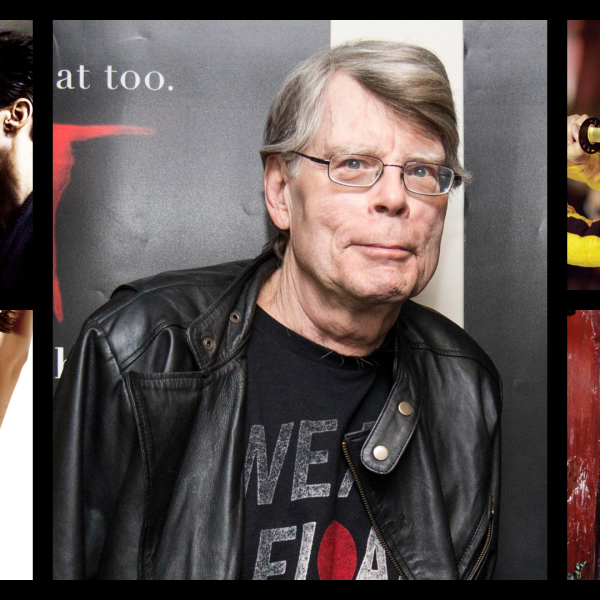Wes Anderson and Martin Scorsese are in a pickle at this year’s Cannes Film Festival. The directors of “Killers of the Flower Moon” and “Asteroid City” have contractual obligations to promote their movies; however, both are WGA members with writing credits on their latest work, and the WGA’s strike regulations prohibit members from promoting new projects. Neither the WGA nor the DGA responded when I asked for clarification on these competing policies, though I’m told the DGA is leaving this one up to the writers, while sources working on both movies say they’re assuming the filmmakers will be cleared to do their work because, quite simply, the writer-director has a different role than screenwriting on its own: They’re auteurs.
Therein lies the rub. The confluence of Cannes and the writers strike illuminates a key factor in the latest work stoppage that differentiates it from the ones that came before. Cannes is the ultimate auteur festival — and at stake on both sides of the WGA negotiation is the future of authorship itself.
This applies to the biggest subjects of contention. Writers want longer TV contracts and a minimum number of writers on every show, which the AMPTP has said interferes with the creative process; writers also want sole writing credit on AI-generated ideas, a demand that runs counter to the way studios view their own approach to IP. I recently suggested that the WGA should tweak its demand on this, so that writers are guaranteed a role in any generative AI responsible for original ideas. Yet even if that were the outcome, it would mark a shift in the singular nature of the creative process. Hollywood may not want to obliterate all sense of authorship behind its work, but its current trajectory will make the prospects of individualized creativity more rarified than ever.
Anderson and Scorsese are among the handful of Americans with projects at this year’s biggest festival who will be forced to reckon with these questions unfolding back home. (Anderson may prefer Paris, but even expats can’t escape the responsibilities associated with accepting studio paychecks.) They’re joined by Todd Haynes, who does not have a screenwriting credit on buzzy Cannes acquisition title “May December,” but with the DGA beginning its own studio negotiations on May 10 — five days before Cannes, for a contract that expires at the end of June — directors won’t be immune from major questions about the state of their profession within the industry.
And these A-listers need to start talking about it. So far, the discourse surrounding the WGA strike has been a siloed affair mostly relegated to the challenges facing freelance writers in the gig economy. That’s an important focus for so much of the writing community as countless scribes battle to make ends meet, but it’s not the only the major issue at hand. If studios and creatives can’t come to terms with new standards in this fight, it will make it impossible for the concept of directorial originality to survive in America.
As a country with close to zero governmental subsidies for the arts, the U.S. is ill-equipped to foster authentic new voices; as I suggested in this column last year, more American directors should consider working on international co-productions simply to get their projects off the ground.
However, even as studios don’t value originality over IP storytelling, they rely on original voices to endow their greatest undertakings with the substance necessary to make them worth the investment. That’s why “Star Wars” has employed everyone from David Lowery to the Daniels on recent shows, why Lorene Scafaria directs “Succession,” and the MCU taps festival favorites. I remain dubious about the value of these paychecks for talented filmmakers, but there’s no denying the corporate strategy in play: You buy your authenticity by hiring people who bring it to the table from the start.
The WGA negotiations — and the DGA ones that follow — exist to ensure a safeguard remains in place for that authenticity to function within a system that feeds on it. It’s a battle to ensure that writers can develop their talent and continue to be a part of the industry as it evolves. Writers need a deal that lets them take part in the changing nature of the machine. Contrary to the doom-and-gloom prognostication I’ve seen in recent weeks, AI doesn’t strike me as a technological force intent on supplanting artistry; it just calls for a new set of skills. Polish off your prompts, people.
This year’s Cannes competition lineup is loaded with old-school auteurs who wouldn’t look out of place in the lineup 20 years ago: Catherine Breillat, Ken Loach, Wim Wenders, oh my! Many of these movies hold promise, at least for cinephiles invested in the work of singular directors who maintain their creative fixations.
But with only one first-time filmmaker in competition — the Senegalese “Banel and Adama,” of which I hear promising things — the section doesn’t offer much indication about whether future generations can follow suit. If the system makes the entire creative process unsustainable, the trickle-down effect for the art of filmmaking could result in irrevocable damage to the profession. The WGA may have its picket lines covered in New York and Los Angeles, but it wouldn’t hurt to get one rolling on the Croisette, too.
As usual, I welcome feedback to this weekly column: eric@indiewire.com
Browse previous installments here.






